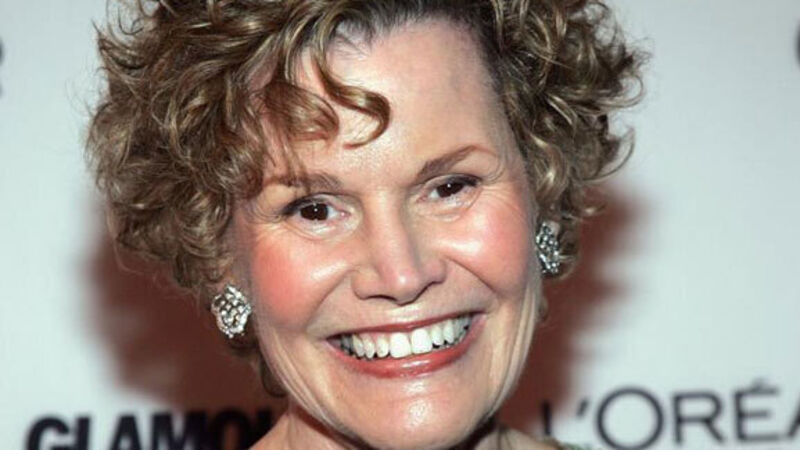Judy Blume knew us intimately, better than we knew ourselves

I read Are You There God? It’s Me, Margaret, when I was 10, hidden, as usual, in a big upholstered chair in a back corner of the house. In one of my favourite scenes, a sixth-grader named Nancy is mad at her friend, Gretchen, who has had her first period.
Nancy thinks Gretchen is not sharing the details, despite a predetermined pact that whoever got hers first would tell the others “absolutely everything”.











